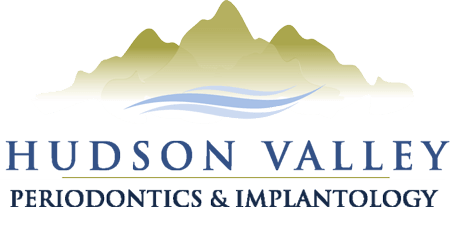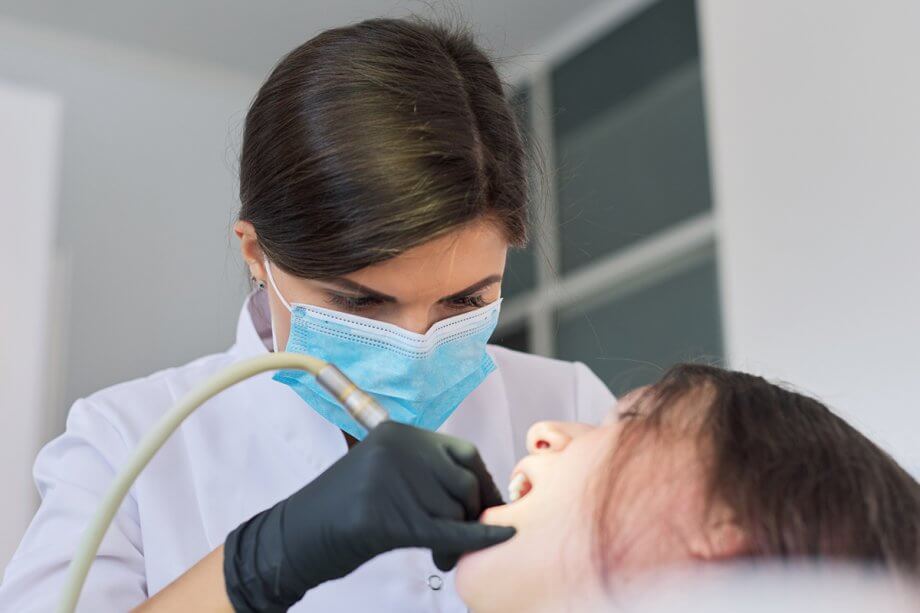Dental care for senior citizens can pose some unique challenges that may require creative solutions. Older adults often have physical and cognitive limitations that can make it difficult to receive the dental care they need. Sedation dentistry can make it easier for elderly patients to undergo dental procedures that are necessary for their dental and oral health.
If you are a patient or the caregiver for a loved one in need of dental treatment, you may be wondering if sedation dentistry is safe for senior citizens. Here’s what you need to know.
What is Sedation Dentistry?
Sedation dentistry is the use of medically induced relaxation techniques to help patients feel more comfortable during dental procedures. Sedation can provide a calm feeling or make the patient feel as if they are asleep.
Types of Sedation Used in Dentistry
There are a few different types of sedation that may be used for dental procedures:
- Nitrous oxide. A mask is placed over the nose that administers a flow of air containing nitrous oxide. As the patient breathes it in through their nose they begin to feel a calming sensation that slowly takes over the body. Patients sometimes report feeling light headed and a heavy feeling in the arms and legs. Nitrous oxide is sometimes called laughing gas because it can cause some patients to laugh or giggle.
- Conscious oral sedation. An oral sedative can be taken in pill or liquid form that provides a relaxing feeling. The patient may feel sleepy or groggy, but will be fully conscious. The sedative should be taken before arriving for the appointment so that it will have time to take effect.
- IV sedation. Medication is administered intravenously that makes the patient feel as if they are asleep, but they are technically conscious. The patient can respond to questions and requests, but most likely will not remember anything about the procedure afterwards.
- General anesthesia. General anesthesia is administered in a hospital setting because it renders the patient completely unconscious. This is the same type of anesthesia used for most medical surgeries. The patient is carefully monitored while under general anesthesia.
How Can Sedation Benefit Senior Citizens?
Older adults can benefit from sedation dentistry in a variety of ways:
- Relief from dental anxiety. Patients who have developed dental anxiety due to negative experiences in the past can find relief through sedation dentistry.
- Reduced stress. Sedation dentistry can reduce stress for everyone involved, from the patient to the caregiver, and even the dentist and dental team.
- Shorter procedure. Dental procedures take less time when the patient is sedated because the dentist can work more quickly. Sedation can also make the time appear to pass more quickly for the patient.
- Improved dental and oral health. One of the biggest benefits of sedation dentistry is that it allows patients to get the dental care they need for improved oral health.
- Improved overall health and wellness. Oral health affects overall health in many ways. Sedation dentistry makes it possible for patients to experience better oral health, which in turn improves their overall health and wellness.
What Are the Risks?
With any medical procedure there are always risks, however minimal. Sedation dentistry poses some additional risks for elderly patients in certain situations:
- Cognitive conditions. Patients with cognitive conditions such as memory loss due to Alzheimers or dementia may experience increased confusion and agitation after sedation.
- Respiratory conditions. Patients with respiratory conditions, especially those who require oxygen supplementation should not use nitrous oxide and should be carefully monitored during the use of other sedation methods.
- Medication interactions. Some medications may have interactions with the sedatives used.
Before a patient undergoes sedation for a dental procedure a full medical history should be collected, including a list of all medications the patient is currently taking. It may be necessary to get approval from the patient’s primary care physician before sedation can be administered.
Hudson Valley Periodontics & Implantology Provides Sedation
As a periodontist, a large percentage of our patients are older adults. We provide a range of sedation options to help make periodontal procedures more tolerable and less stressful for senior citizens and their caregivers. We take the time to review and discuss the patient’s medical history to ensure that sedation is a safe option before recommending it.
To learn more, call 845-623-6666 or contact us today to schedule an appointment.

